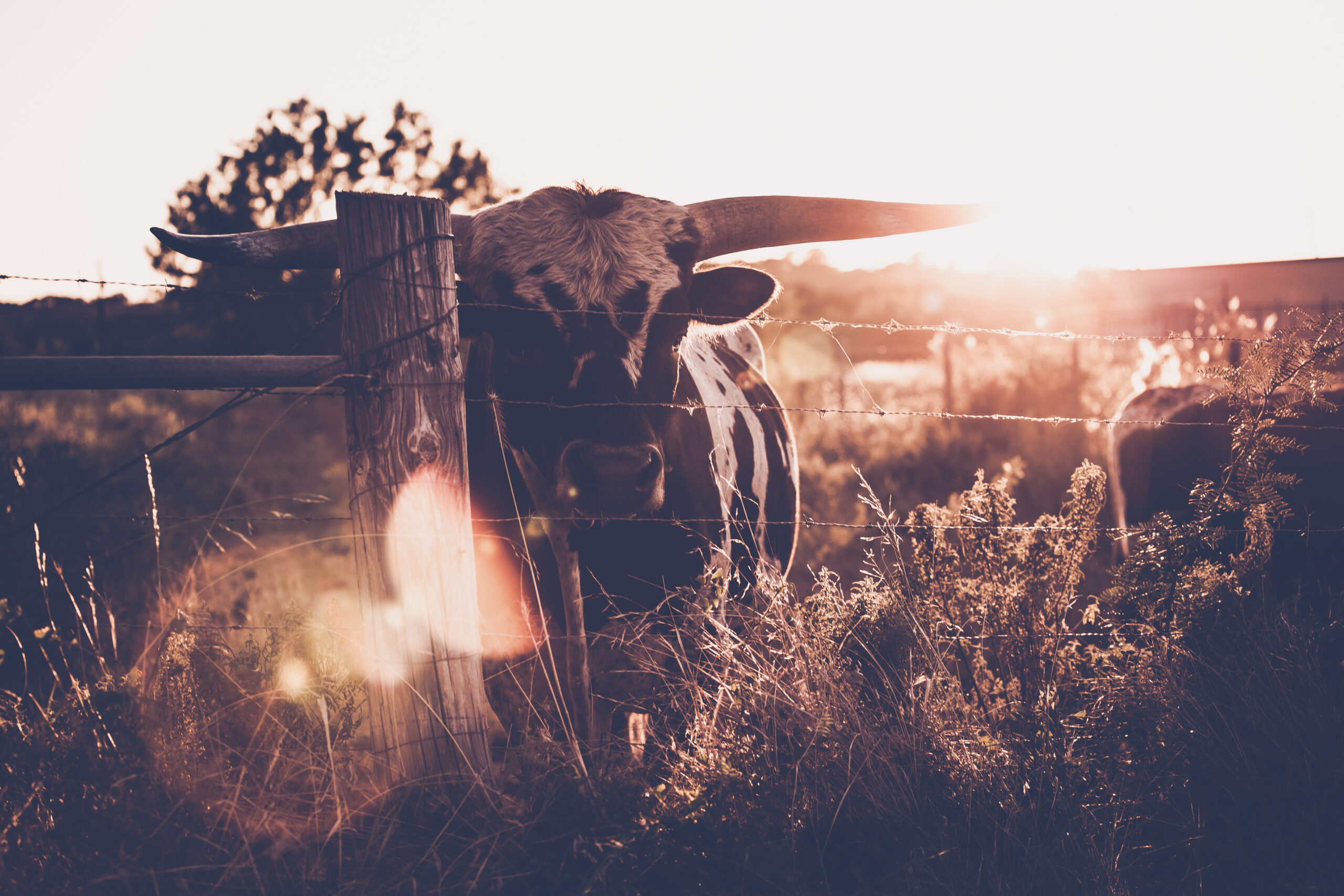Texas is home to some of the most iconic and desirable ranch land in the country. From wide-open spaces to rich wildlife and agricultural potential, it’s no surprise that Texas ranch sales continue to attract investors, landowners, and outdoor enthusiasts alike.
But before you jump into purchasing a piece of the Lone Star State, it’s important to understand what makes ranch buying in Texas unique. In this blog, we’ll walk you through what to consider when exploring Texas ranch sales — from location and land use to legal factors and long-term value.
Why Buy a Ranch in Texas?
Texas offers something for everyone — whether you’re looking for a weekend hunting retreat, a working cattle ranch, or long-term land investment. Some key benefits include:
-
Diverse Terrain: From rolling Hill Country to flat prairie lands, Texas offers a wide variety of landscapes for different uses.
-
Strong Market Demand: Ranch land is consistently in demand for recreation, agriculture, and investment.
-
Tax Incentives: Agricultural and wildlife exemptions can reduce your property taxes significantly.
-
Legacy Potential: Texas ranches are often passed down through generations, making them a lasting family asset.
What to Look for in a Texas Ranch
1. Location and Accessibility
Texas is vast — over 268,000 square miles — so location matters. Consider proximity to major cities (like Austin, San Antonio, or Houston), as well as the ease of access via highways or private roads. A remote location may offer privacy but could make logistics more difficult.
2. Water Sources
Water is one of the most valuable features on Texas ranch land. Streams, creeks, ponds, wells, or access to aquifers all add value. Be sure to understand water rights and availability on any property you’re considering.
3. Land Use Potential
Are you buying for recreational use, cattle grazing, farming, or hunting? The best Texas ranch sales match the land’s natural characteristics with your goals. Factors like soil type, vegetation, and fencing can influence land usability.
4. Wildlife and Game
If you’re looking at Texas ranch sales for hunting or wildlife preservation, research what species are present and what game management practices are in place. Some ranches are already managed for deer, turkey, or exotic game.
5. Improvements and Infrastructure
Existing structures like barns, homes, cabins, fences, and working pens add convenience and value. However, undeveloped land gives you a blank slate if you’re building from the ground up.
Legal Considerations for Texas Ranch Buyers
– Mineral Rights
In Texas, mineral rights can be separate from surface rights. Ensure you know who owns the mineral rights and if they are included in the sale.
– Property Surveys
Always request a recent land survey to confirm acreage, boundaries, and easements. It’s a must before finalizing any deal.
– Zoning and Restrictions
While many rural properties have fewer regulations, it’s still important to check for local zoning rules, deed restrictions, or conservation easements.
Tips for Navigating Texas Ranch Sales
-
Work with a Specialist: Choose a real estate agent or broker who focuses on Texas ranch sales and understands the unique nature of rural land transactions.
-
Visit the Property Multiple Times: Visit during different times of the year or day to understand how the land functions.
-
Set a Realistic Budget: Include room for potential development, fencing, water improvements, or maintenance.
-
Secure Financing Early: Ranch loans are different from traditional mortgages — work with a lender experienced in land and ag loans.
-
Think Long-Term: Ranch land is often a long-term investment, whether for personal use, income, or land appreciation.
Final Thoughts
Whether you’re looking for a weekend getaway, a working cattle ranch, or a hunting property, Texas ranch sales offer a wide variety of opportunities. With the right planning, expert guidance, and a clear understanding of your goals, buying a ranch in Texas can be one of the most rewarding investments you’ll ever make.
Ready to find the perfect piece of Texas? Make sure you work with a trusted ranch specialist who knows the land — and the market.



